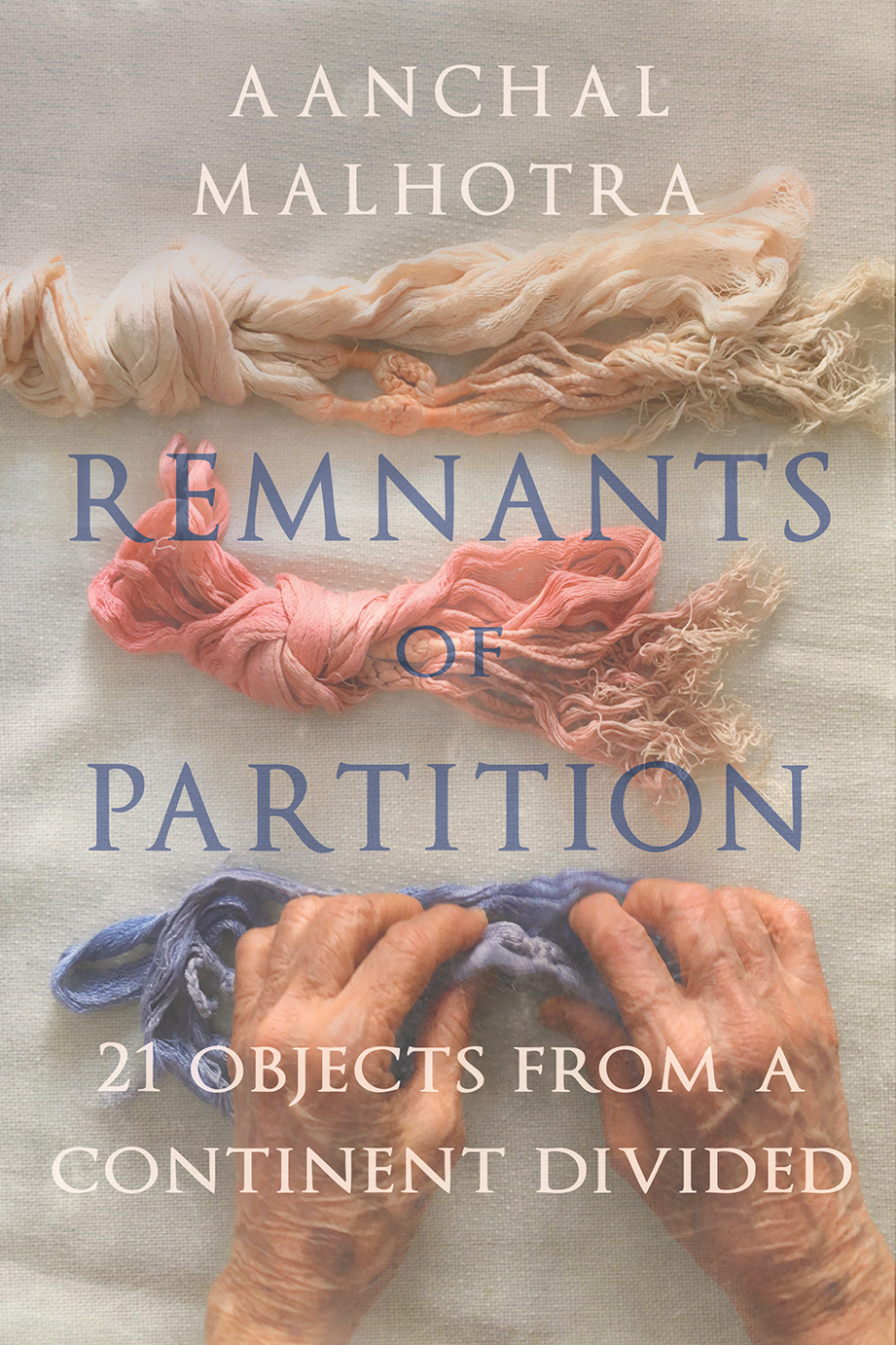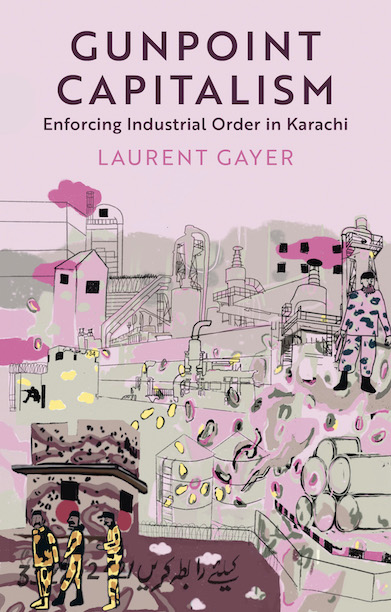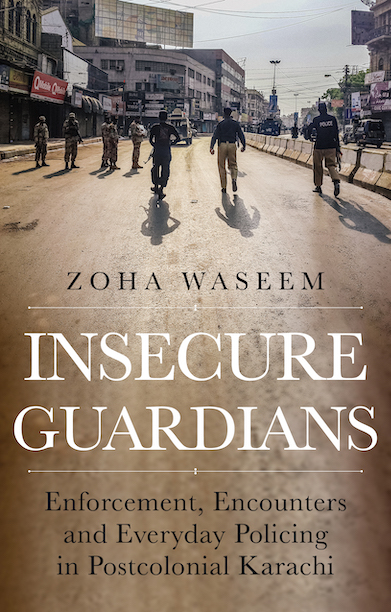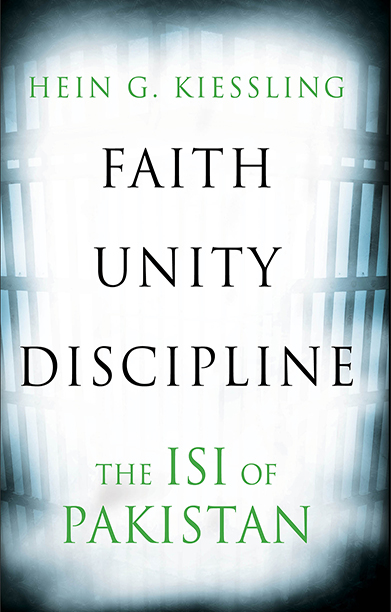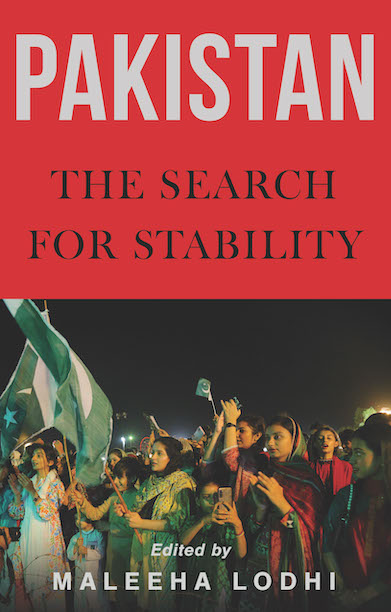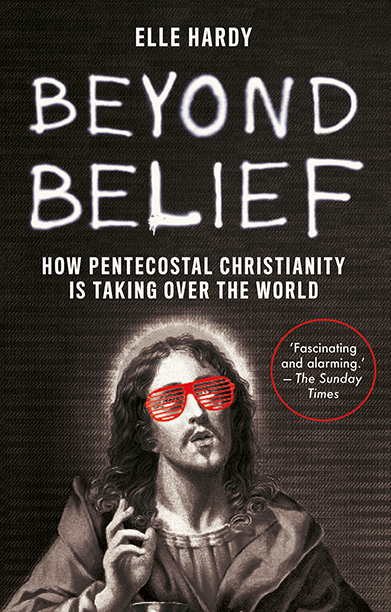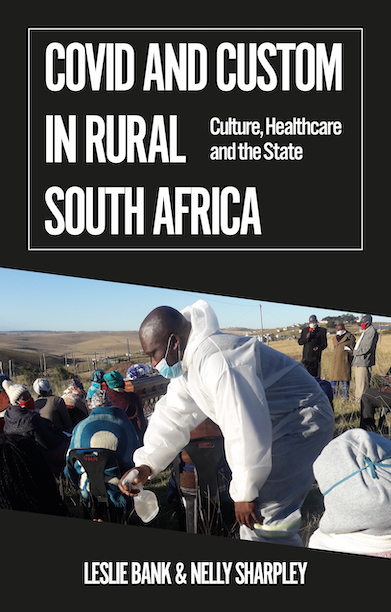Remnants of Partition
21 Objects from a Continent Divided
Shortlisted for the British Academy’s Al-Rodhan Prize for Global Cultural Understanding, the Sahitya Akademi Yuva Puraskar Prize, the Hindu Lit for Life Non Fiction Prize and the Kamaladevi Chattopadhyay NIF Book Prize
Hindustan Times ‘India @ 70’ book
Description
The emotion and trauma of the Partition are buried deep, but Aanchal Malhotra has found a way to recover them. Through the possessions saved by her own great-grandparents as they fled their homes, she discovers the unique power of such objects: to unlock the secrets of a colossal human migration, and a life that once was.
Remnants of Partition is a remarkable alternative history, telling the family stories hidden within items carried between the new India and Pakistan, amid chaos and violence. They uncover a rich tapestry of pain and rupture, but also of hope and connection – in belonging through belongings, and identities reforged.
From a string of pearls to a young woman’s poetry, this extraordinary book gives voice to the voiceless, restoring the everyday to a great drama of the twentieth century. Its power and poignancy will haunt the reader.
Reviews
‘Literature once filled in archival gaps by saying the unsayable. Now a younger generation is devising new modes of telling the story and finding new stories to tell. . . . [This] new generation coming to the story—midnight’s grandchildren—are not scholars, for the most part. They typically have no specialised credentials. Theirs is a different qualification: this is their inheritance.’ — Aanchal Malhotra featured in The New Yorker. Read the full story here.
‘This cohort of oral historians [of the Partition] has confronted a reticence born not only of suffering but also of shame, arising from complicity, intimate betrayals—Manto’s thresholds. . . . In Remnants of Partition, Aanchal Malhotra . . . devised a method to sidestep the silences.’ — The New Yorker
‘Aanchal Malhotra is a new star of Indian non-fiction’ — William Dalrymple
‘This is a book of startling originality, weaving stories of intimate connections with objects and harrowing histories of displacement into beautifully cadenced prose. It is a book to treasure.’ — Edmund de Waal, author of The Hare With Amber Eyes
‘This is a quietly powerful book; poignant, delicate and reflective. It is an alternative telling of the history of the Partition as a meditation on identity, belonging, and home.’ — Brown Girl Magazine
Listen to Aanchal Malhotra’s interview on the Brown History Podcast:
‘A well-researched and richly readable book.’ — Ramachandra Guha, author of India After Gandhi
‘A wonderful idea stylishly executed.’ — Andrew Whitehead, former BBC India correspondent
‘Aanchal Malhotra evokes one of the world’s great tragedies in moving, beautiful prose, woven through everyday objects treasured as relics of a shattered age.’ — Shashi Tharoor, Indian MP and author of Inglorious Empire
‘One of the most compelling books I have read in a long time. It is a searing account of the power of memory to shape and reshape worlds. … This is oral history at its best.’ — Family and Community History Journal
‘Artfully weaves travel, memory and materials—all without guile—reminding us why India is one of the world’s greatest storytelling cultures.’ — Gurcharan Das, author of India Unbound
‘This is a truly original way to approach the history of Partition. Malhotra’s writing is evocative and, through the finely observed details of everyday life, brings depth and empathy to understanding this event.’ — Yasmin Khan, author of The Great Partition
‘Aanchal Malhotra’s work shines a light onto a shadowy world and in so doing her book becomes a passport to another landscape, where tragedy, loss, memory and grief are slowly replaced with wonder.’ — Asian Affairs
Author(s)
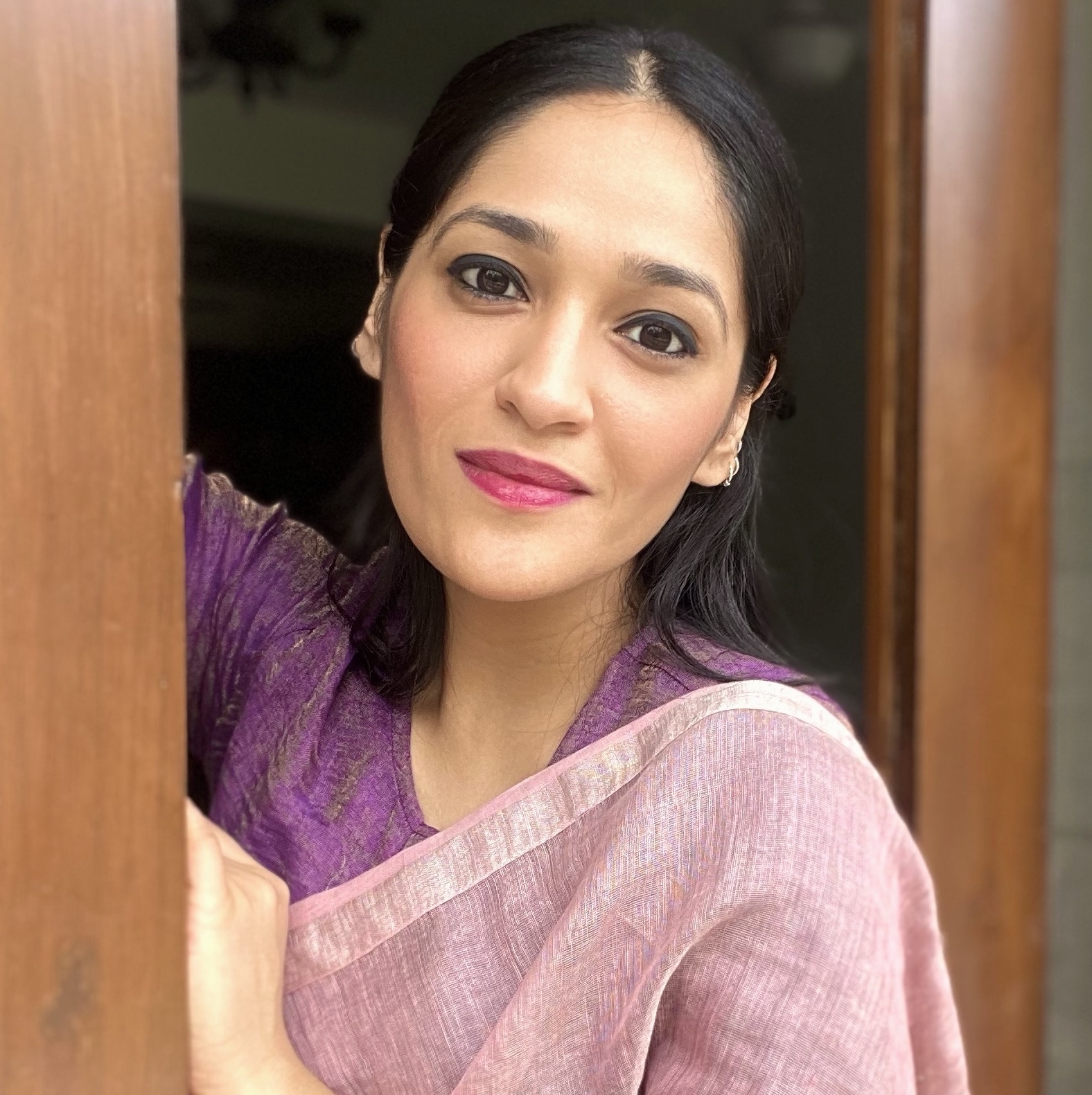
Aanchal Malhotra is an oral historian who writes on the 1947 Partition and its related topics. Her debut book, Remnants of Partition: 21 Objects from a Continent Divided, was shortlisted for British Academy’s Nayef Al-Rodhan Prize for Global Cultural Understanding, the Hindu Lit for Life Non Fiction Prize, Kamaladevi Chattopadhyay NIF Book Prize and the Shakti Bhatt First Book prize. She is the co-founder of the Museum of Material Memory and currently lives in Delhi.
